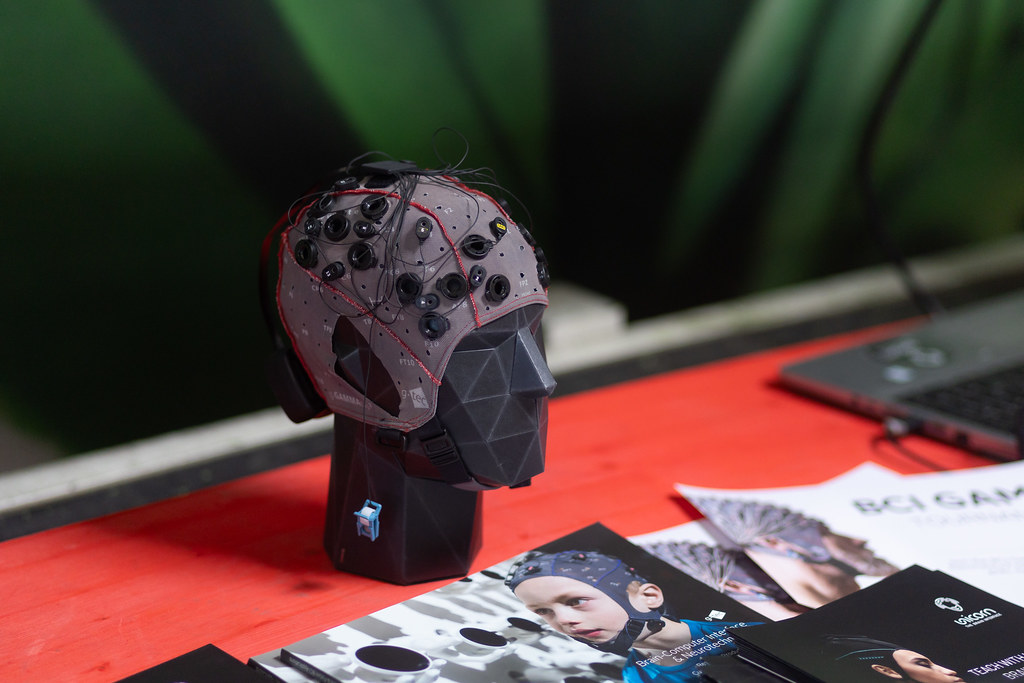Few areas in science and technology offer as much promise and provoke as much ethical debate as neurotechnology, particularly the development of brain-computer interfaces (BCIs). As we stand on the brink of a new era where the human brain can directly communicate with external devices, the potential for both transformational benefits and unprecedented ethical dilemmas comes into sharp focus.
Understanding Brain-Computer Interfaces
BCIs are groundbreaking technologies enabling direct communication pathways between the brain and external devices, effectively bypassing the need for traditional neuromuscular pathways. Recent advancements have seen these interfaces assist individuals with severe physical disabilities, restoring some level of communication and mobility through thought-controlled external devices.
The Ethical Considerations
The surge in BCI technology raises significant ethical questions, particularly concerning informed consent, privacy, data security, and the long-term implications of integrating such devices into the human body. Given the experimental nature of BCIs, ensuring that patients fully comprehend the risks and potential outcomes is crucial. Additionally, the privacy of neural data, which may soon include information on personal thoughts and emotions, presents a new frontier in data security.
The Promise and the Perils
The potential benefits of BCIs are profound. They offer new avenues for treating neurological conditions like epilepsy and Parkinson’s disease, beyond restoring basic communication and mobility for individuals with severe disabilities. However, alongside these benefits, the rush towards commercialization and consumer use, led by companies with significant venture capital, introduces risks. The hype surrounding BCIs, fueled by ambitious claims from figures like Elon Musk of Neuralink, necessitates a cautious approach to distinguish between realistic near-term capabilities and speculative future applications.
The Role of Open Source in Advancement
The BCI field has benefited significantly from open-source software tools and hardware initiatives, facilitating rapid prototyping and research. Tools like EEGLAB, OpenViBE, and BCI2000, alongside open hardware platforms like OpenBCI, have democratized access to BCI technology, fostering innovation and lowering entry barriers for new researchers and developers.
Towards Ethical Neurotechnology
As we navigate the complex landscape of neurotechnology, it is imperative to adopt a proactive stance on ethical considerations. From ensuring informed consent to safeguarding neural data privacy and contemplating the societal impacts of widespread BCI adoption, the path forward requires a delicate balance between innovation and ethical responsibility.
In conclusion, while BCIs hold the key to unlocking groundbreaking advancements in healthcare and beyond, they also open up Pandora’s box of ethical dilemmas. The journey ahead demands not just technological prowess but a deep commitment to navigating the ethical terrain that comes with it.

